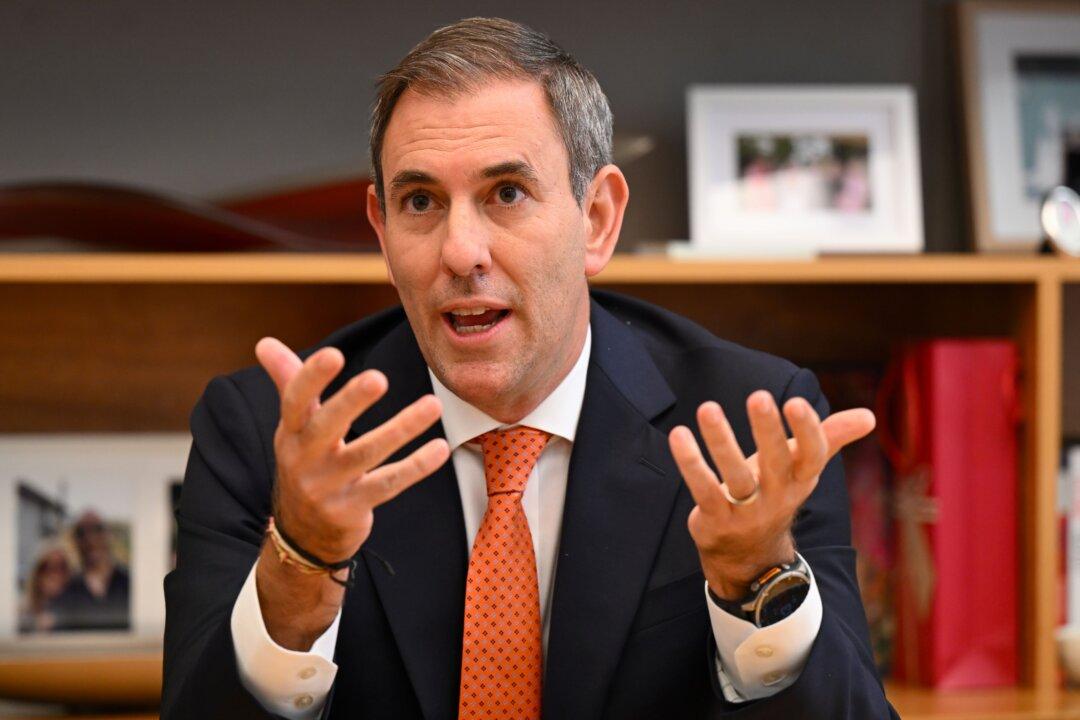Treasurer Jim Chalmers has released analysis predicting the impact of Trump’s tariffs on the Australian economy to be “modest.”
Chalmers asked the Treasury secretary to update modelling in response to the “Liberation Day” reciprocal tariffs on all goods imported into the United States.





